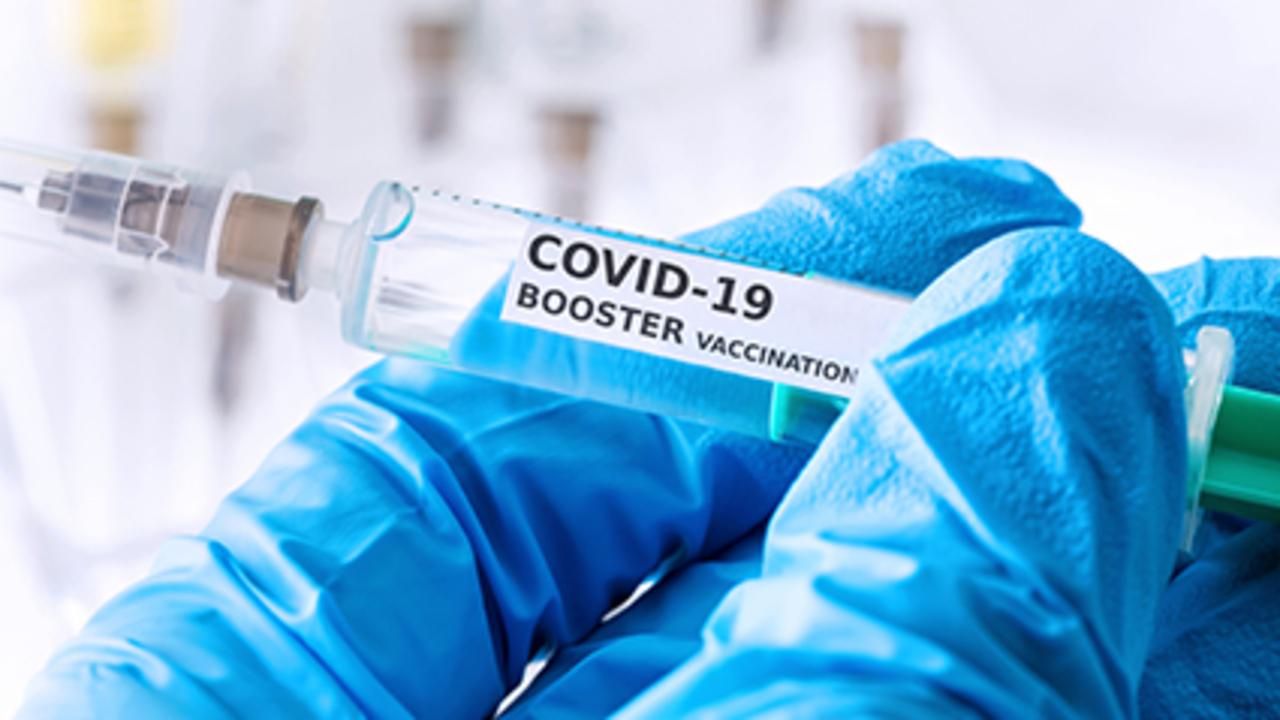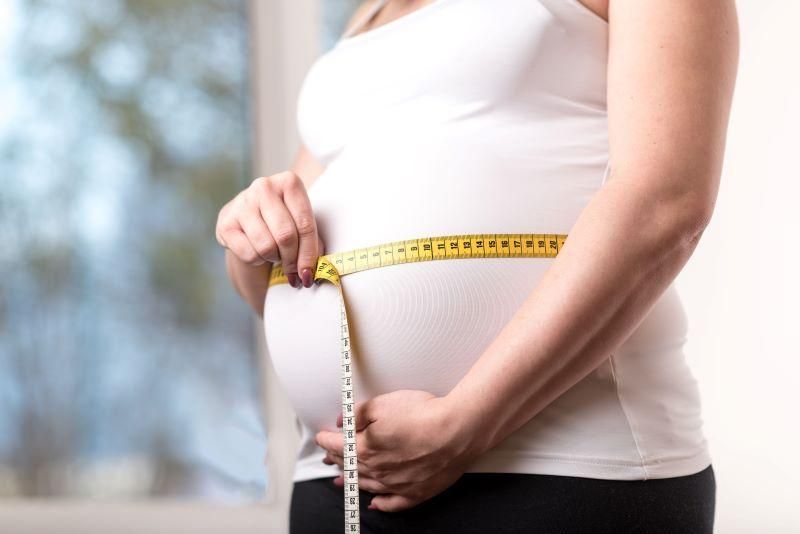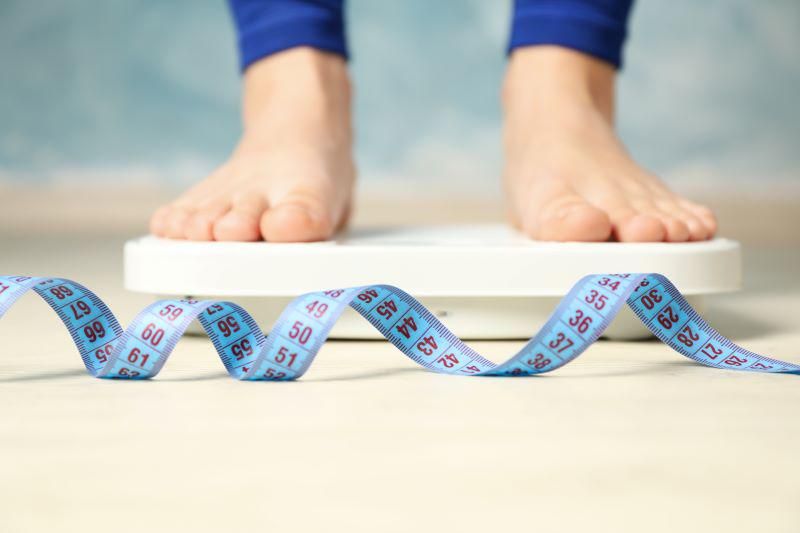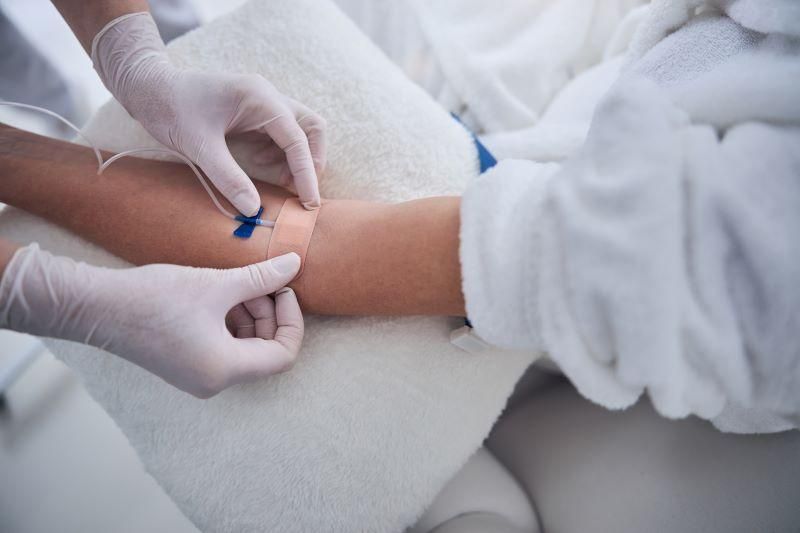
Researchers have long struggled to figure out what causes a seemingly healthy baby to die suddenly in the first year of life, with an array of possible genetic and environmental factors to choose from. Now a large, Danish study has found that in families where one child has succumbed to sudden infant death syndrome (SIDS),… read on > read on >






























